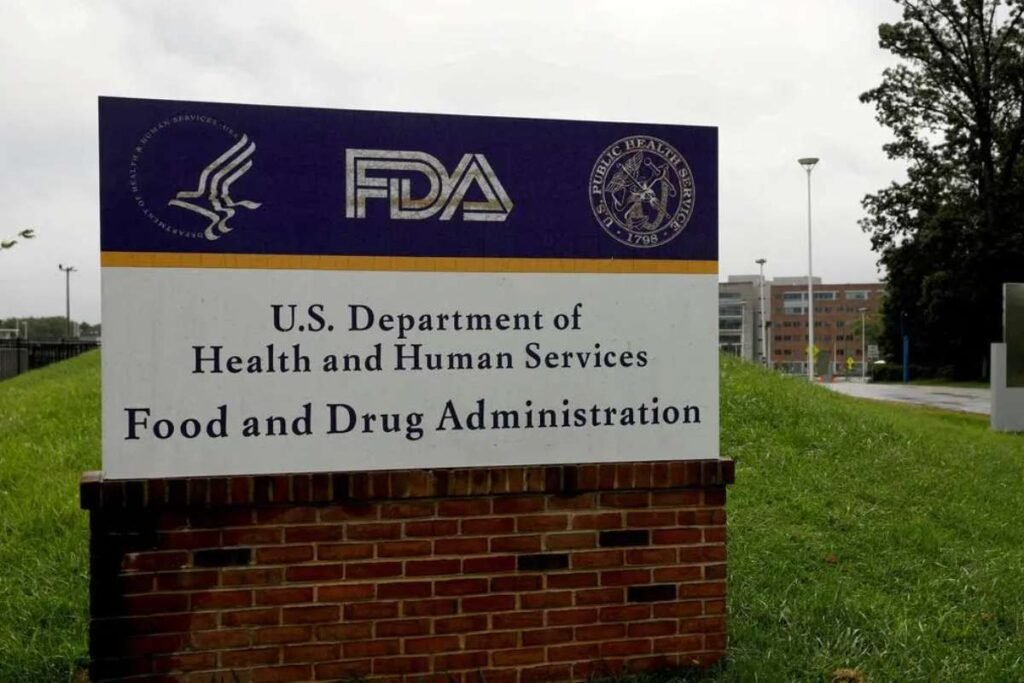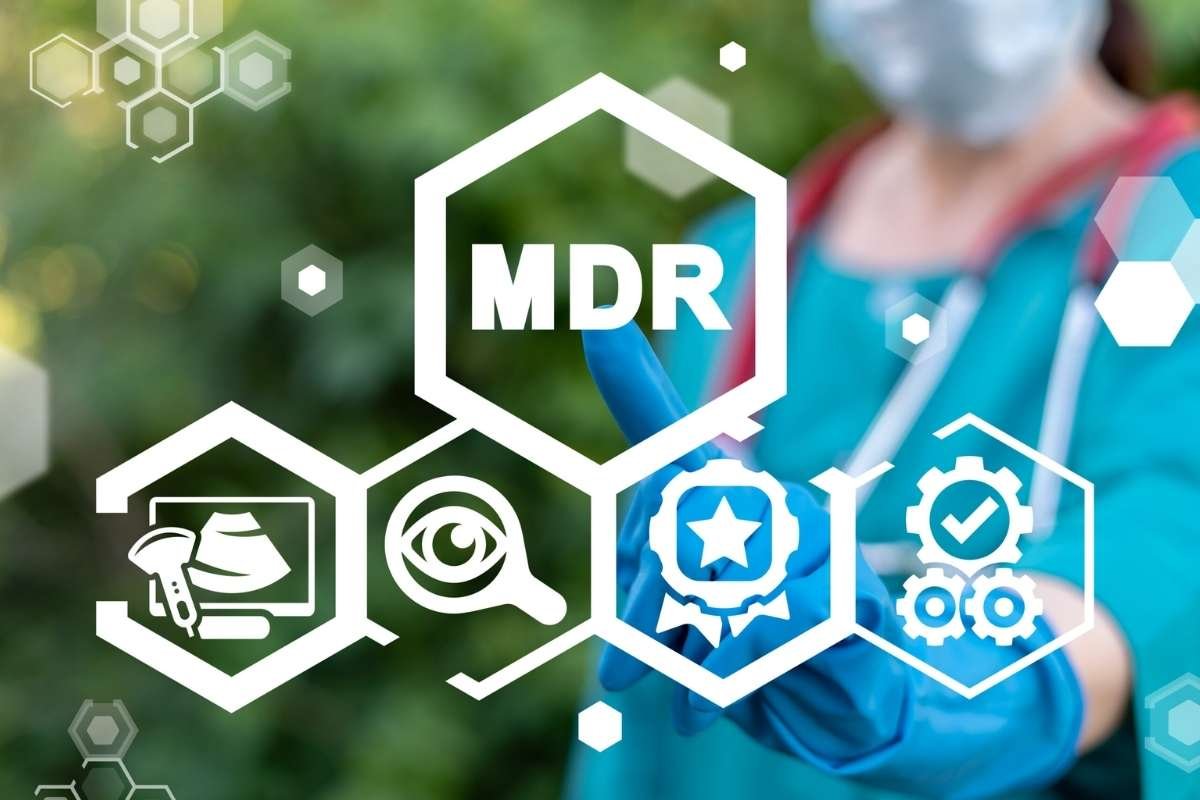Key Points:
- Six new recipients received FDA Priority Vouchers, bringing the total to 15 under the CNPV pilot program.
- Vouchers accelerate drug review timelines to as little as 1–2 months for therapies addressing national health priorities.
- Notable winners include Wegovy and orforglipron, with most vouchers awarded to already-approved drugs, marking a shift from earlier pipeline-focused selections.
The U.S. Food and Drug Administration (FDA) on Nov. 6 released the second batch of recipients for its FDA Priority Vouchers program, which accelerates review timelines for drugs that meet national health or security goals. Executives from Eli Lilly and Novo Nordisk joined President Donald Trump at the White House earlier today to discuss their companies’ inclusion in the program and new pricing deals with the administration.
Eli Lilly’s oral GLP-1 drug candidate orforglipron and Novo Nordisk’s Wegovy (semaglutide) were among the latest winners, according to an FDA press release. Other recipients include Boehringer Ingelheim’s lung cancer therapy zongertinib, approved in August as Hernexeos; Johnson & Johnson’s tuberculosis drug bedaquiline, marketed as Sirturo; GSK’s rectal cancer treatment Jemperli (dostarlimab); and Casgevy (exagamglogene autotemcel), a gene therapy for sickle cell disease developed by Vertex Pharmaceuticals and CRISPR Therapeutics.
FDA Commissioner Marty Makary, M.D., said the vouchers recognize companies that have committed to affordability, domestic manufacturing, or addressing urgent public health needs. “We are pioneering new ways of bringing these cures and meaningful treatments to the market faster,” Makary said in the release.
The FDA Priority Vouchers program was launched in June, with applications opening in July. The initiative seeks to reduce the standard 10- to 12-month FDA review period to as little as one or two months for eligible drugs. The agency said this accelerated timeline will be supported by a one-day review meeting of multidisciplinary experts, modeled after cancer tumor boards where specialists assess individual cases.
The first batch of voucher recipients was announced Oct. 17. That list included Regeneron’s hearing loss gene therapy, Merck’s fertility drug pergoveris, and Sanofi’s Type 1 diabetes treatment Tzield (teplizumab).
According to the FDA, vouchers may either be tied to a specific investigational product or remain “undesignated” for use with a company’s future novel drug. The vouchers are nontransferable but remain valid if a company changes ownership. The agency has not disclosed which classification applies to current recipients.
Program under scrutiny
Despite the program’s momentum, it has drawn criticism from several public health experts and advocacy groups. Robert Steinbrook, M.D., director of the Health Research Group at Public Citizen, said the initiative could compromise drug safety by pressuring the FDA to rush approvals. “Research has shown that when the FDA rushes to review and approve new drugs, there is a higher likelihood that these drugs will have safety problems after approval,” Steinbrook said in a June 18 statement. “The voucher program will only be a boon for Big Pharma at the expense of the American public and will likely bypass the agency’s advisory committee process that allows for outside independent input.”
Legal experts have also raised concerns about how the FDA selects recipients. Komal Karnik Nigam, a lawyer with global firm Hogan Lovells, said the agency’s selection process could face court challenges. “It is possible that it can end up in litigation to the extent that it is not clear why certain applicants were chosen,” Nigam told Regulatory Focus on July 24. “Given the amount of interest we have seen for this program, it seems possible there may be some kind of litigation in the future in terms of who did and who did not receive one of these vouchers.”
The FDA has not yet addressed those criticisms publicly, but officials have maintained that the FDA Priority Vouchers program is designed to promote faster access to high-impact therapies while upholding review standards. With major drugmakers like Eli Lilly, Novo Nordisk, and Johnson & Johnson now on the list, the national priority voucher program continues to shape the landscape of pharmaceutical approvals in the United States.
Also Read: A Guide to Regulatory Compliance: Redefining Pharmaceutical Industry









